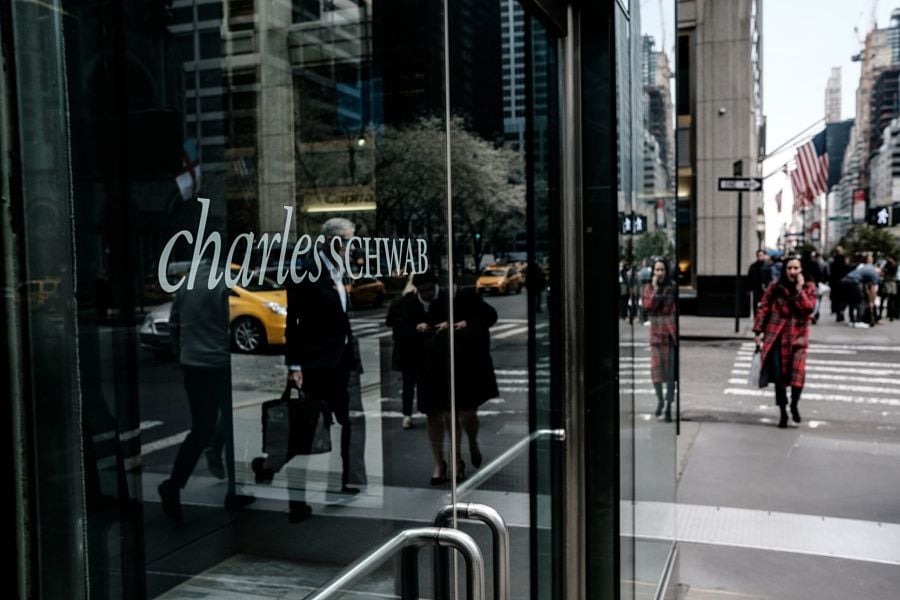

William Galvin, Secretary of the Commonwealth of Massachusetts, on Wednesday charged Charles Schwab & Co. over unethical and deceptive practices that allowed a third-party investment adviser to continue to collect advisory fees from Schwab customers’ accounts for years after his registration had lapsed.
The financial adviser at the center of the allegations is James Patrick O'Connell, who was last registered as an investment adviser in 2014. Since then, he has collected at least $125,000 in investment advisory fees, according to the Massachusetts complaint.
The Massachusetts Securities Division discovered the alleged illegal activities while investigating a complaint of exploitation of senior citizens by O’Connell, according to a statement by Galvin.
Charles Schwab is a leading custodian for investment advisers and works with thousands of independent financial advisers.
A spokesperson for Charles Schwab wrote in an email that the firm is committed to its compliance responsibilities and earning the trust of its clients. The spokesperson did not mention the Massachusetts allegation.
O'Connell did not return a call Wednesday afternoon to comment.
Galvin’s office is seeking an order requiring Schwab to reimburse investors for all fees paid to O’Connell while he was unregistered. The Massachusetts Securities Division is also asking that O’Connell and Schwab be fined.
State securities regulators have been busy recently bringing enforcement actions against unregistered investment advisers.
O’Connell was removed from Schwab’s platform in 2012 for allowing his registration to lapse for nearly two years, which also resulted in a reprimand from the Massachusetts Securities Division.
Despite this removal, Schwab took no steps to monitor customer accounts for further payments to O’Connell, who collected at least $46,000 in investment fees from Schwab brokerage accounts over a period of more than six years while remaining unregistered, the complaint alleges.
O’Connell continued to make recommendations to clients and collect fees from their accounts, and also made recommendations that were unsuitable, according to the complaint. He issued blanket recommendations without respect to individual client needs and over-concentrated portfolios in global communication infrastructure companies, Massachusetts alleges.

From outstanding individuals to innovative organizations, find out who made the final shortlist for top honors at the IN awards, now in its second year.

Cresset's Susie Cranston is expecting an economic recession, but says her $65 billion RIA sees "great opportunity" to keep investing in a down market.

“There’s a big pull to alternative investments right now because of volatility of the stock market,” Kevin Gannon, CEO of Robert A. Stanger & Co., said.

Sellers shift focus: It's not about succession anymore.

Platform being adopted by independent-minded advisors who see insurance as a core pillar of their business.
RIAs face rising regulatory pressure in 2025. Forward-looking firms are responding with embedded technology, not more paperwork.
As inheritances are set to reshape client portfolios and next-gen heirs demand digital-first experiences, firms are retooling their wealth tech stacks and succession models in real time.
